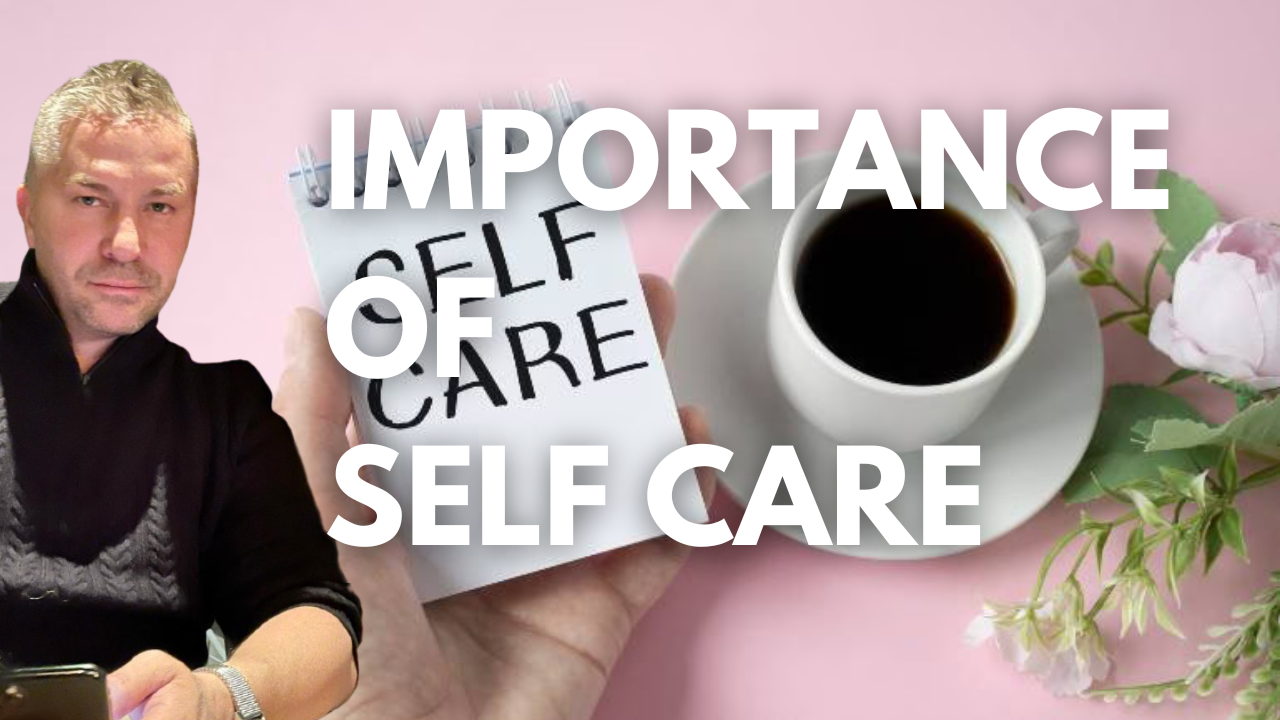In today’s fast-paced and demanding world, it’s easy to prioritize work, responsibilities, and obligations over our own well-being. However, neglecting self-care can have detrimental effects on our physical, mental, and emotional health. In this blog post, we’ll explore the importance of self-care, discuss its benefits, and provide practical strategies for incorporating self-care into our daily lives to nurture our overall well-being.
Understanding Self-Care:
- What is Self-Care? Self-care encompasses any deliberate and intentional actions we take to promote our physical, mental, and emotional health and well-being. It involves prioritizing our own needs, setting boundaries, and engaging in activities that rejuvenate and replenish us. Self-care looks different for everyone and can include activities such as exercise, meditation, hobbies, spending time with loved ones, and seeking professional support when needed.
- Why is Self-Care Important? Self-care is essential for maintaining balance and harmony in our lives. It allows us to recharge our batteries, reduce stress, and prevent burnout. By taking care of ourselves, we become better equipped to handle life’s challenges, cope with stressors, and thrive in all areas of our lives. Additionally, self-care strengthens our resilience, improves our relationships, and enhances our overall quality of life.
Benefits of Self-Care:
- Improved Physical Health: Prioritizing self-care can have a positive impact on our physical health. Engaging in regular exercise, eating a balanced diet, getting enough sleep, and practicing good hygiene are all important components of self-care that contribute to our overall well-being. By taking care of our bodies, we can reduce the risk of chronic diseases, boost our immune system, and increase our energy levels.
- Enhanced Mental and Emotional Well-Being: Self-care is also crucial for our mental and emotional well-being. Taking time to relax, unwind, and recharge can help alleviate stress, anxiety, and depression. Activities such as meditation, journaling, and spending time in nature can promote mindfulness and self-awareness, leading to greater emotional resilience and a more positive outlook on life.
- Increased Productivity and Creativity: Contrary to popular belief, self-care is not selfish—it’s essential for maintaining peak performance and productivity. When we neglect our own needs, we may experience burnout, fatigue, and diminished cognitive function, making it difficult to focus and perform at our best. On the other hand, prioritizing self-care boosts our energy levels, enhances our concentration, and stimulates creativity, allowing us to tackle tasks with renewed vigor and enthusiasm.
- Strengthened Relationships: Self-care also plays a critical role in nurturing healthy relationships with ourselves and others. When we prioritize our own well-being, we become better equipped to show up fully in our relationships, communicate effectively, and set boundaries when necessary. By taking care of ourselves, we can also be more present and attentive to the needs of our loved ones, fostering deeper connections and stronger bonds.
Practical Strategies for Self-Care:
- Identify Your Needs: The first step in practicing self-care is to identify your individual needs and preferences. Take some time to reflect on what activities bring you joy, relaxation, and fulfillment. Whether it’s reading a book, taking a long bath, or going for a walk in nature, prioritize activities that resonate with you and make you feel good.
- Set Boundaries: Setting boundaries is an essential aspect of self-care. Learn to say no to activities or commitments that drain your energy or overwhelm you. It’s okay to prioritize your own needs and decline requests that do not align with your values or priorities. Setting boundaries allows you to preserve your time, energy, and emotional well-being.
- Practice Mindfulness: Mindfulness is the practice of being fully present in the moment, without judgment or attachment to the past or future. Incorporating mindfulness techniques such as meditation, deep breathing, or body scans into your daily routine can help reduce stress, increase self-awareness, and promote relaxation. Take a few moments each day to pause, breathe, and connect with yourself.
- Make Time for Activities You Enjoy: Make time for activities that bring you joy, pleasure, and fulfillment. Whether it’s pursuing a hobby, spending time with loved ones, or indulging in a favorite pastime, prioritize activities that nourish your soul and rejuvenate your spirit. Carve out dedicated time in your schedule for self-care activities, and treat them as non-negotiable appointments with yourself.
- Seek Support When Needed: Finally, don’t hesitate to seek professional support when needed. If you’re struggling with mental health issues or facing challenges that feel overwhelming, reach out to a therapist, counselor, or trusted healthcare professional for guidance and support. Asking for help is a sign of strength, not weakness, and can provide you with the tools and resources you need to prioritize your well-being.
Conclusion: Self-care is not a luxury—it’s a necessity for maintaining balance, health, and happiness in our lives. By prioritizing our own well-being and practicing self-care regularly, we can enhance our physical, mental, and emotional health, increase our productivity and creativity, and strengthen our relationships with ourselves and others. Remember that self-care looks different for everyone, so find what works best for you and make it a priority in your daily life. Whether it’s carving out time for relaxation, engaging in activities you enjoy, or seeking professional support when needed, investing in self-care is an investment in your overall well-being and happiness.

